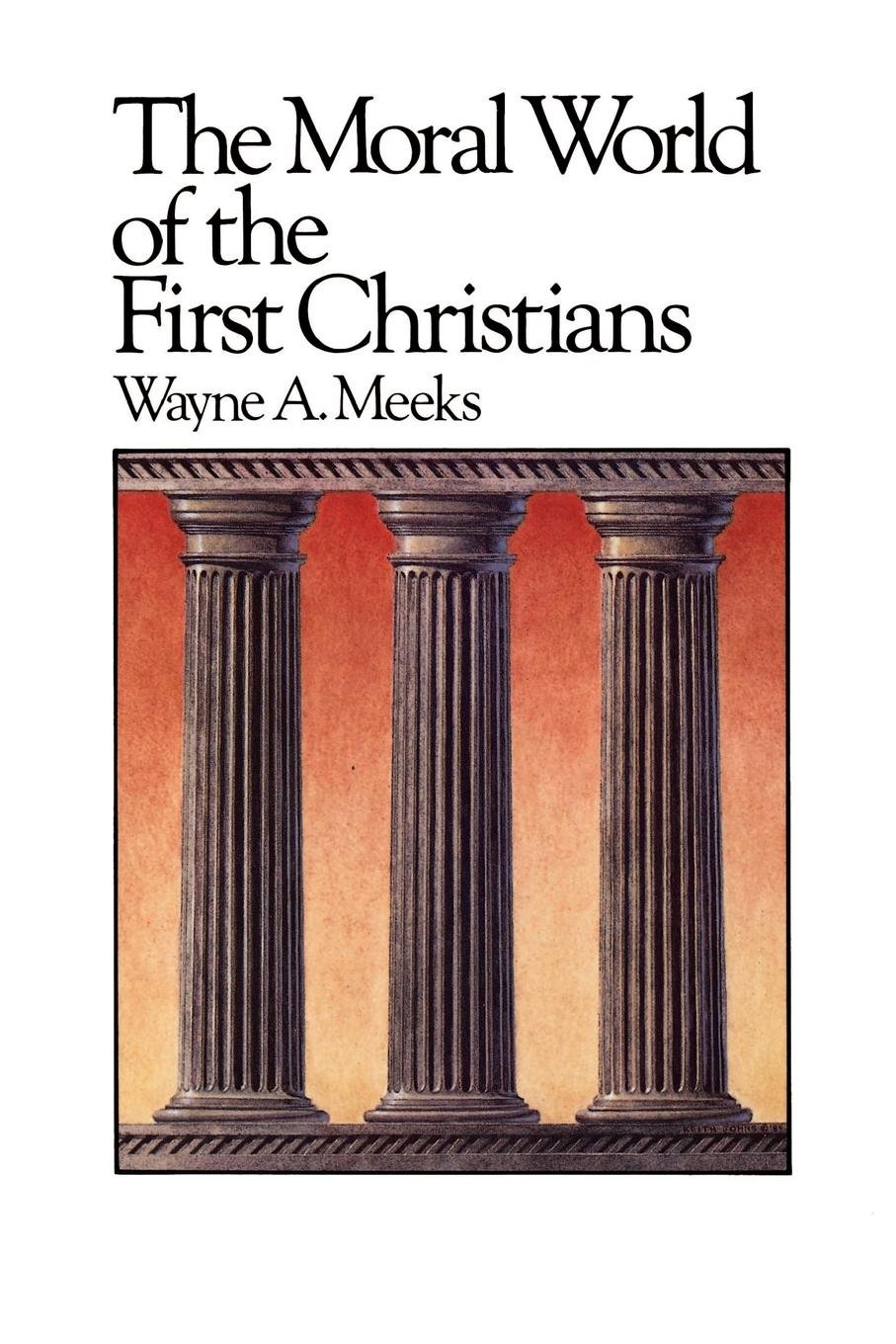Because these are such large subjects, he chooses to focus on various philosophical schools and within those various philosophical schools individual philosophers. As such, Plutarch's writing stands in for Platonic philosophy; Musonius Rufus for the Stoics. In the end, he looks for what they have in common: the desire to lead a happy life is the choice to live in conformity to nature, which is made possible by reason.
For Jewish moral thinking, Meeks focuses on sages, like Yeshua ben Sira, the sect at Qumran, Philo, and the Mishnah. All, of course, stress the importance of the biblical law, though they differ to a great degree in terms of how much they integrated those ideas into Greek thinking.
Meeks then looks at various types of (or emphases among) Christian sects (Gentile, Jewish, Apocalyptic) and closes with a discussion of where such sects met: synagogue, house, school, and church.
Finally, in the last chapter, Meeks examines what specific New Testament passages tell us about the moral foundation of Christians in the first century, how the writings were related to common literary practice, and how the moral standards developed into standardized forms of expression.







No comments:
Post a Comment